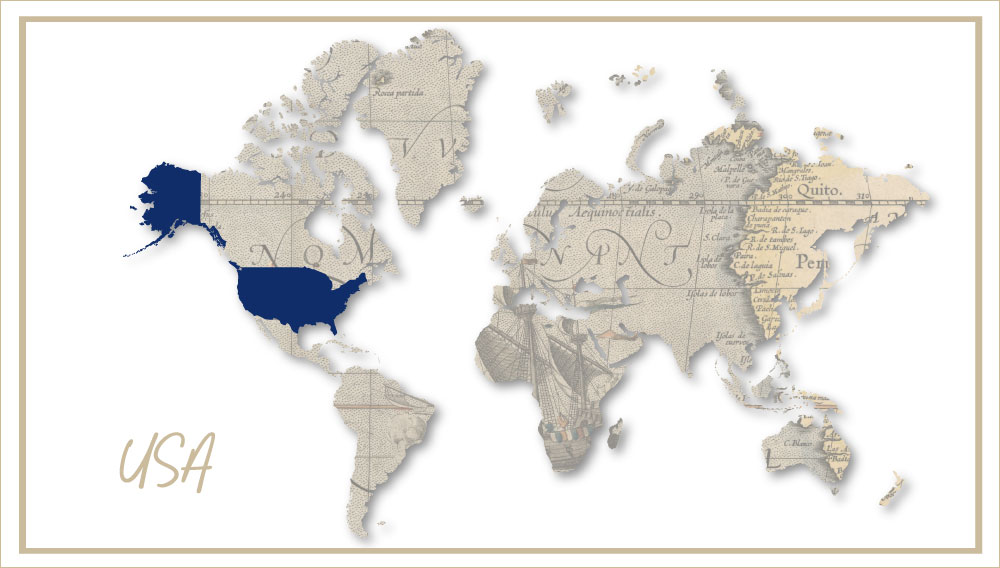AB-InBev rekindles debate over corn syrup in beer
USA | In case you missed out on Super Bowl this year, here’s the verdict: the commercial breaks were almost as bland as the sluggish on-field action, says marketingdive.com. The only reason the event (3 February 2019) will linger in viewers’ memories is a Bud Light commercial. It aimed a broadside against Miller Lite and Coors Light for using a corn-derived sugar or corn syrup called dextrose.
In the ad, which mixes tropes from Lord of the Rings and Pirates of the Caribbean, a gigantic barrel marked corn syrup is erroneously delivered to the Bud castle. But they have no use for it. So it is arduously rolled up and down mountain slopes to the Miller Lite castle. Alas, there they have already received their supply. After crossing an ocean and fighting off a sea monster, the barrel finally arrives at Coors Light’s wintry fortress. Here it is received with thanks. The final still says: Bud Light: brewed with no corn syrup.
No idea, why AB-InBev used part of its relatively big ad spend during Super Bowl to tout the fact that Bud Light does not use corn syrup, whereas rival brands Miller and Coors do.
Comparative advertising is legal in the United States. As must have been intended, the ad immediately drew criticisms on Twitter, not least from the corn industry. The National Corn Growers Association (NCGA) felt that the world’s number one brewer was trying to disparage corn syrup as an undesirable ingredient. Kevin Ross, a NCGA vice president, went further and tweeted a video showing him pouring Bud Light down the sink and including these words: “Bud Light, if you’re not standing with corn farmers, we’re not standing with you.”
Reportedly, AB-InBev then found itself defending the ad in a statement sent to CNBC. AB-InBev clarified its purpose by saying that it sought to point out a key difference between Bud Light and some other light beers
In response, MillerCoors purchased a full-page advertisement in The New York Times newspaper to confirm that its beer is made with corn syrup. “We’d like to thank our competitors for taking the time and money to point out this exciting fact to such a large, national audience not once, but twice,” the ad read.
Perhaps, AB-InBev merely wanted to highlight that Bud Light only contains four ingredients – water, barley, rice and hops – which the company recently started displaying prominently on each can, along with the calories and carbs per serving. The trouble is, a serving of Miller Lite has fewer calories and fewer carbs than Bud Light.
AB-InBev’s listing of its ingredients (to the exclusion of yeast, by the way) may be a smart move, as many consumers are looking for transparency in foods and beverages. But AB-InBev is living in a glass house. MillerCoors also posted a tweet, saying “We’re proud that none of our products include any high fructose corn syrup, while a number of Anheuser-Busch products do.”
Nutritionists have called high fructose syrup “Public Health Enemy No. 1.”
The ad has fanned a longstanding debate over whether corn syrup is healthy. According to The New York Times, it does not matter if corn syrup is used during fermentation because yeast converts whatever type of sugar is used into alcohol. Consequently, it is more important to know the alcohol content and final carb content, the newspaper said. Still, the connection between corn syrup and obesity has helped drive down its use over the past few years. Already, some manufacturers, including PepsiCo and Kraft Heinz, have switched back to using regular sugar, it was reported.
Whether the Bud Light ad will revive sales of Bud Light, remains to be seen. Bud Light is still the largest beer brand in the U.S., but its shipments continued to decline in 2018, dropping 6.7 percent over 2017. This is its largest percentage decline on record, according to Beer Marketer’s Insights, a trade publication.
US beer production, as a whole, is believed to have shrunk by at least 1 percent in 2018, according to Beer Marketer’s Insights, and is now 9.5 million hl below its 2008 peak.
Authors
Ina Verstl
Source
BRAUWELT International 2019

